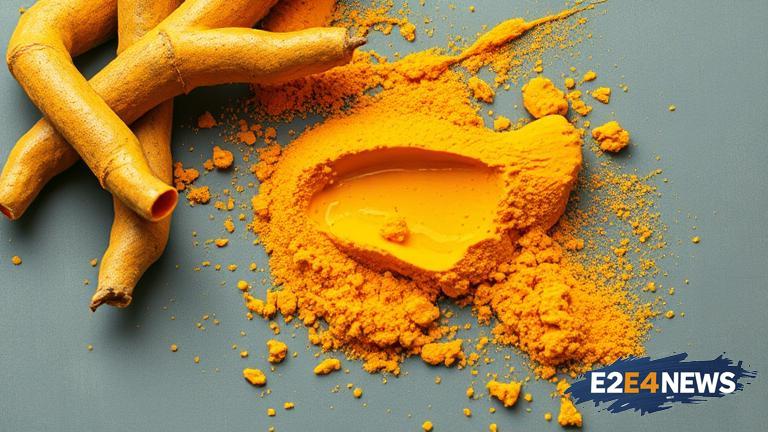A recent incident has come to light where a woman took a whopping 10 times the recommended dose of turmeric, leading to severe liver damage and subsequent hospitalization. The woman, whose identity has not been disclosed, had been consuming turmeric as a dietary supplement, believing it to have numerous health benefits. However, her excessive intake of the spice ultimately proved to be detrimental to her health. Turmeric, a popular ingredient in many cuisines, particularly in Asian and Indian cooking, has been touted for its anti-inflammatory and antioxidant properties. While moderate consumption of turmeric is generally considered safe, excessive intake can have adverse effects on the liver. The woman’s case serves as a stark reminder of the importance of responsible supplement use and the need for individuals to be aware of the potential risks associated with excessive consumption. The incident has sparked concerns among health experts, who are urging people to exercise caution when using dietary supplements. Liver damage, also known as hepatotoxicity, can be caused by a variety of factors, including excessive consumption of certain substances, such as turmeric. In this case, the woman’s liver damage was likely caused by the high levels of curcumin, a compound found in turmeric, which can be toxic to the liver in large quantities. The woman’s hospitalization has highlighted the need for greater awareness about the potential risks associated with dietary supplements and the importance of consulting with a healthcare professional before adding any new supplements to one’s diet. Furthermore, the incident has underscored the importance of responsible manufacturing and labeling practices in the dietary supplement industry. As the popularity of dietary supplements continues to grow, it is essential that individuals are aware of the potential risks and take steps to protect their health. The woman’s case is a cautionary tale that serves as a reminder of the importance of moderation and responsible behavior when it comes to dietary supplement use. In addition to highlighting the risks associated with excessive turmeric consumption, the incident has also sparked a broader conversation about the need for greater regulation and oversight in the dietary supplement industry. Health experts are calling for stricter guidelines and regulations to ensure that dietary supplements are safe and effective. The incident has also raised questions about the role of social media and online platforms in promoting dietary supplements, with some experts arguing that these platforms can perpetuate misinformation and encourage irresponsible behavior. Ultimately, the woman’s case serves as a reminder of the importance of prioritizing health and safety above all else, and of the need for individuals to be aware of the potential risks associated with dietary supplements.
